We Need to Welcome Transgender Students in B-CC Athletics
Transgender students should not feel in jeopardy to exist authentically in any space, especially not spaces that are supposed to foster community and belonging.
Growing up, I enjoyed playing sports more than anything in the world. When I came out as female-to-male transgender in 2018, being able to keep playing was my biggest worry. Due to its reputation of exclusivity, baseball, my favorite sport, became something I was scared to play. I’ve given up playing sports due to my transition, and it doesn’t feel fair.
Participating in high school athletics should not be exclusive to anyone, but some sports teams at B-CC have a reputation of exclusivity. B-CC junior Jake Simmons noted that the football team “has an intimidating presence” and that he “doesn’t feel like [he] could join the team.”
Junior Mia Garrett, who is male-to-female transgender, said that she felt “hesitant to join a team” and that B-CC still has a ways to go in supporting transgender students in general, sharing that she “still has teachers who call [her] the wrong name and use the wrong pronouns.”
These reputations can make transgender students disinclined to try out, not from a lack of interest, rather an absence of support. While transgender students at B-CC have not been directly attacked for playing sports on teams consistent with their gender identity, the perceptions surrounding sports still cause fear.
Transgender students who do choose to participate in sports often do so in a manner consistent with their birth sex, rather than their gender identity. Sophomore Leo Strauss is female-to-male transgender, but plays on the girls’ volleyball team at school. He shared that he “was discouraged to play on the boys team because [he] felt like players on the team would judge [him]” and he would “face obstacles with coaches not understanding.”
MCPS and B-CC have policies in place to help ensure all students are able to play sports, but all of the students that I spoke to were not aware of the MCPS policy allowing transgender students to participate in sports consistent with their gender identity. The policy states, “Participation should provide for the opportunity for all students to participate in interscholastic athletics in a manner that is consistent with their gender identity, irrespective of the gender listed on a student’s records.”
Junior Ben Rosa said that he “was under the impression that throughout the state, trans students were not allowed to play sports on teams that align with their gender, including in MCPS.” While the policy is crucial for trans students to be included in our school community, it can only truly help students if they are cognizant of the policy and what it permits.
Playing a sport is an essential part of high school for many students. Being involved in a team culture is a building block for many students to establish friend groups, common interests, and a sense of identity. The values of high school emphasize students being a part of groups and finding where they fit, and being isolated from these communities can be extremely harmful.
Transgender students should not feel in jeopardy to exist authentically in any space, especially not spaces that are supposed to foster community and belonging. Inclusive—yet widely unknown—policies aren’t enough to create welcoming environments. Providing lessons on inclusion and acceptance to teams would help eliminate reputations of exclusivity and make transgender students feel safe playing sports.
My high school experience has been framed by not being involved in sports, and I know my experience would have been vastly different if I had. I often regret not facing my fears and trying out for a team, but it simply didn’t feel possible for me as a transgender student. Until MCPS begins to make an active effort to increase awareness of policies and create actual change in the attitudes around high school sports, transgender students will continue to feel as though they have to sit on the sidelines.

Charlie Raibman is a senior at B-CC. In addition to his role as a Feature and Sports section director for the Tattler, he serves as Editor-In-Chief for...

Claire Wang, a B-CC senior, serves as the Co-Director for The Tattler's Art Team and a contributing writer. She also has two dogs and two cats.





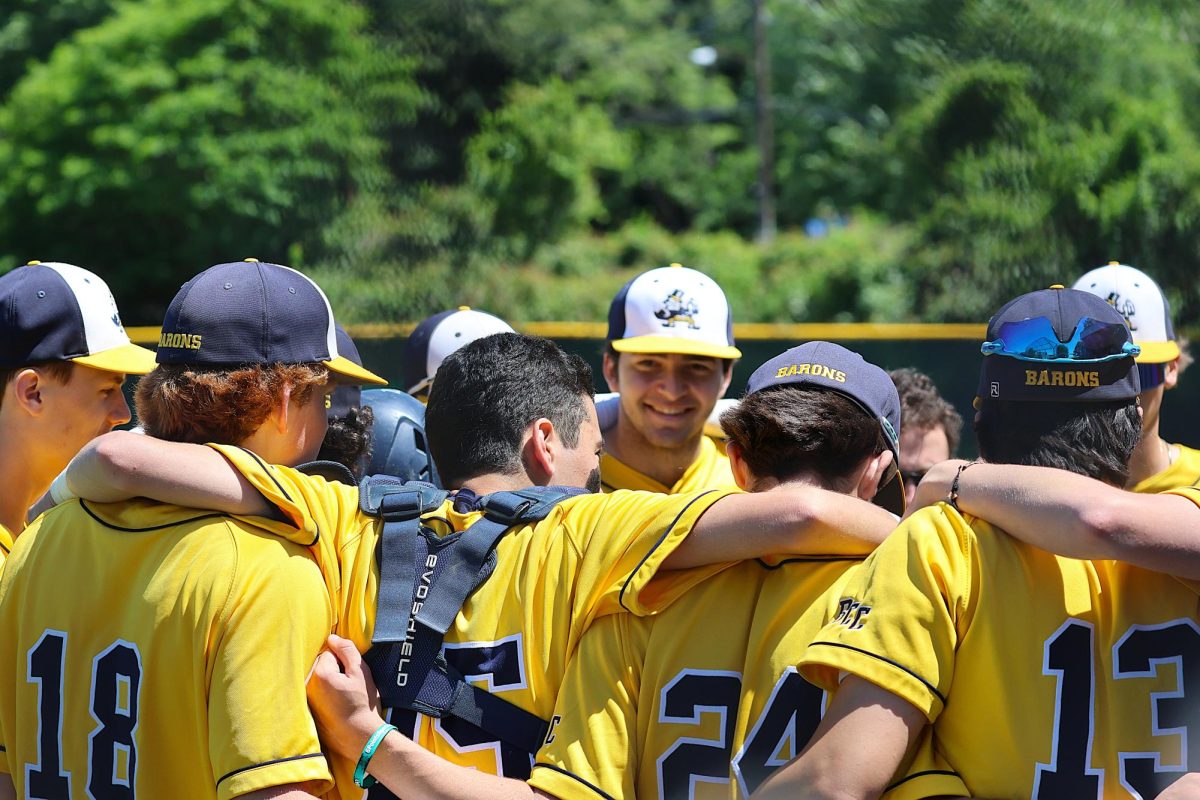
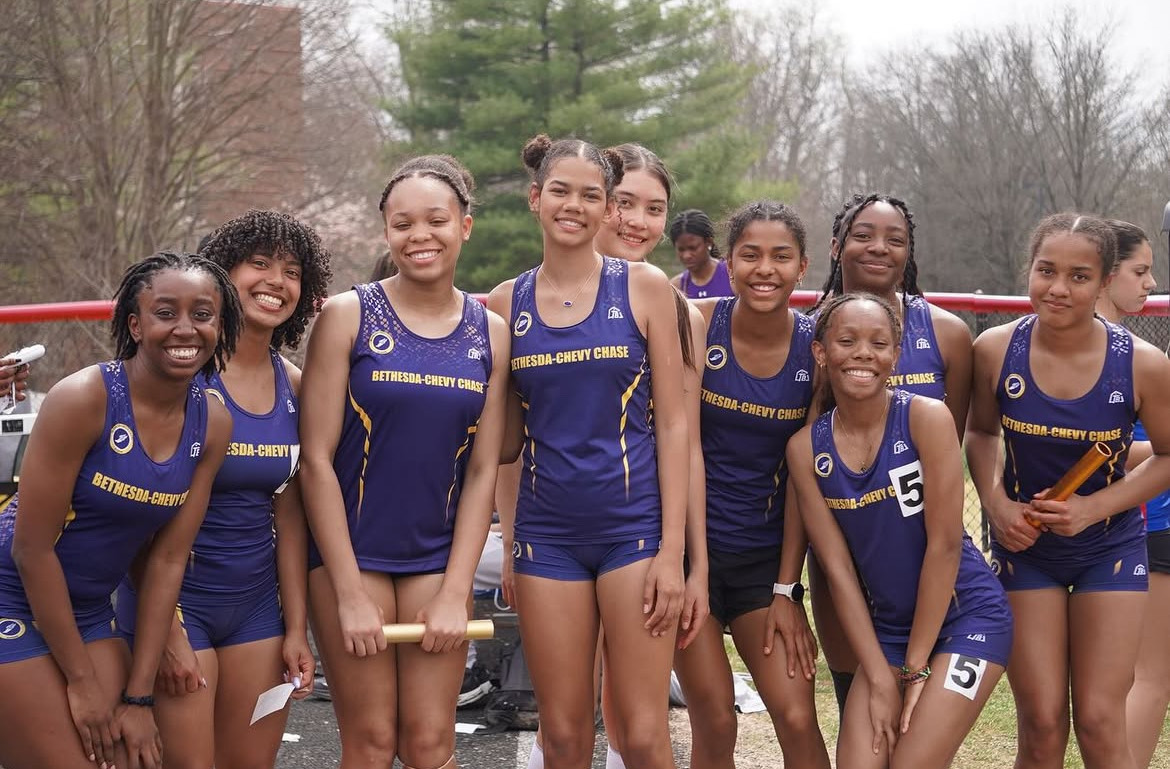
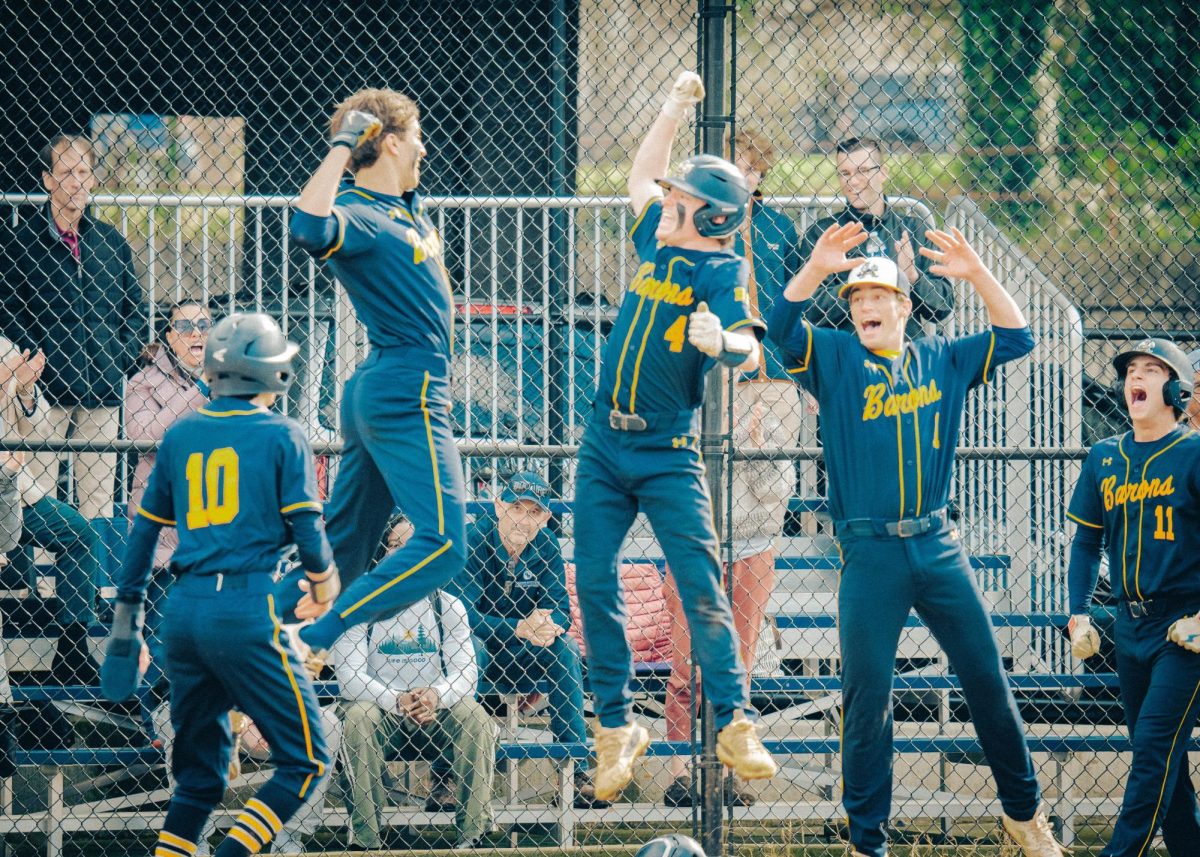
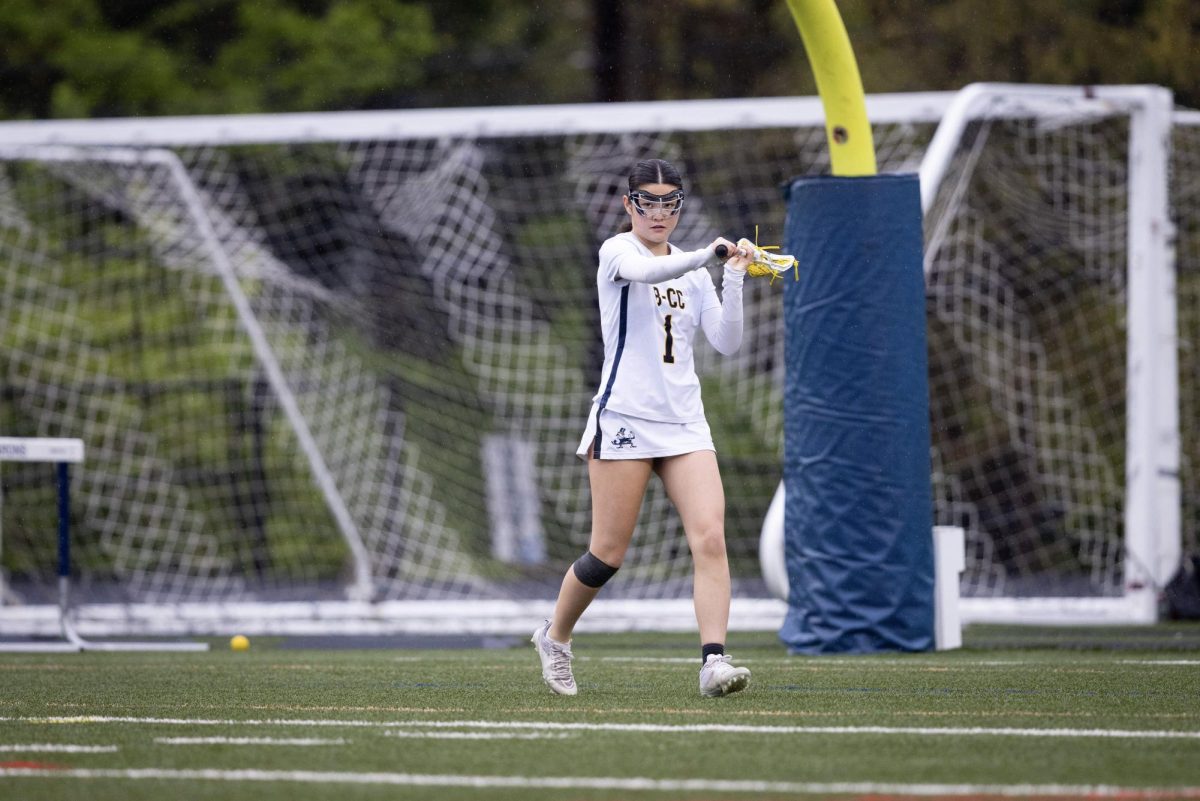












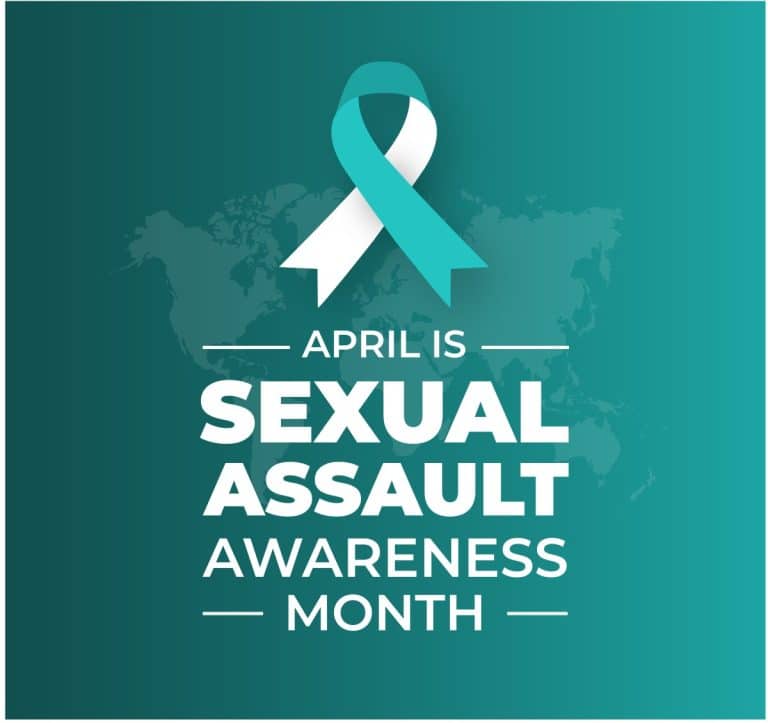












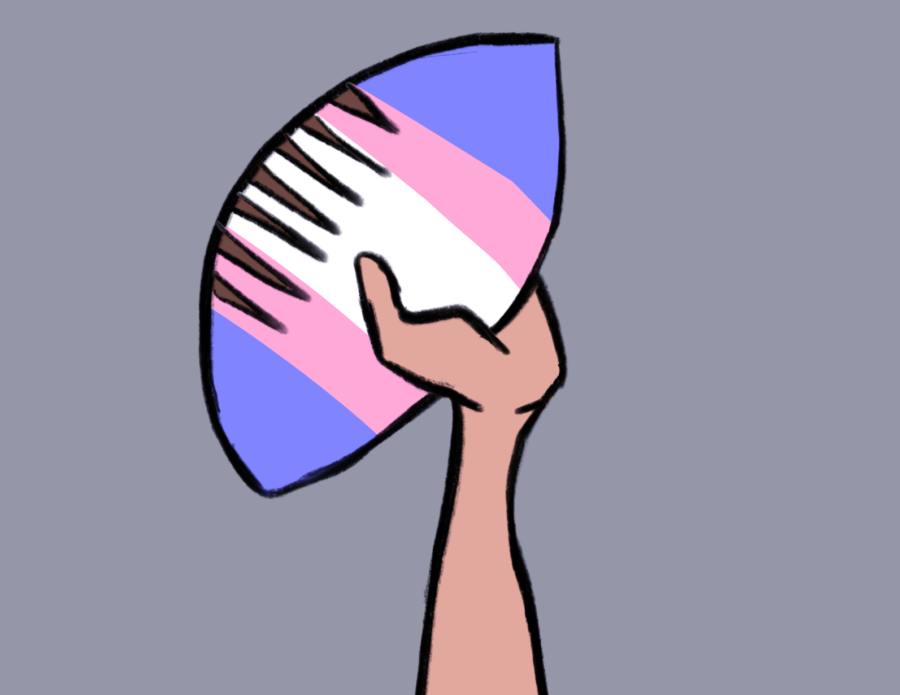





Rosalind Fore • Mar 13, 2023 at 10:09 am
Really informative article!! I definitely agree, since I’ve realized I was transgender and transitioned I had effectively shut down the idea of continuing to play sports, even though I’ve wanted to get back into some. Seeing all of the stories and “controversies” over trans people in sports is really discouraging because it just makes you not want to take the risk of being involved.
Anon • Mar 30, 2023 at 1:07 pm
Yeah you should not be able to participate in female sports if you’re a MTF trans person because it gives your an unfair biological advantage over [assigned females at birth]*. I don’t get what’s controversial about that.
*insert by the Tattler sponsor
Kia garrett • Mar 11, 2023 at 7:46 am
Thank you for sharing and giving voice to such an important issue. ❤️❤️❤️